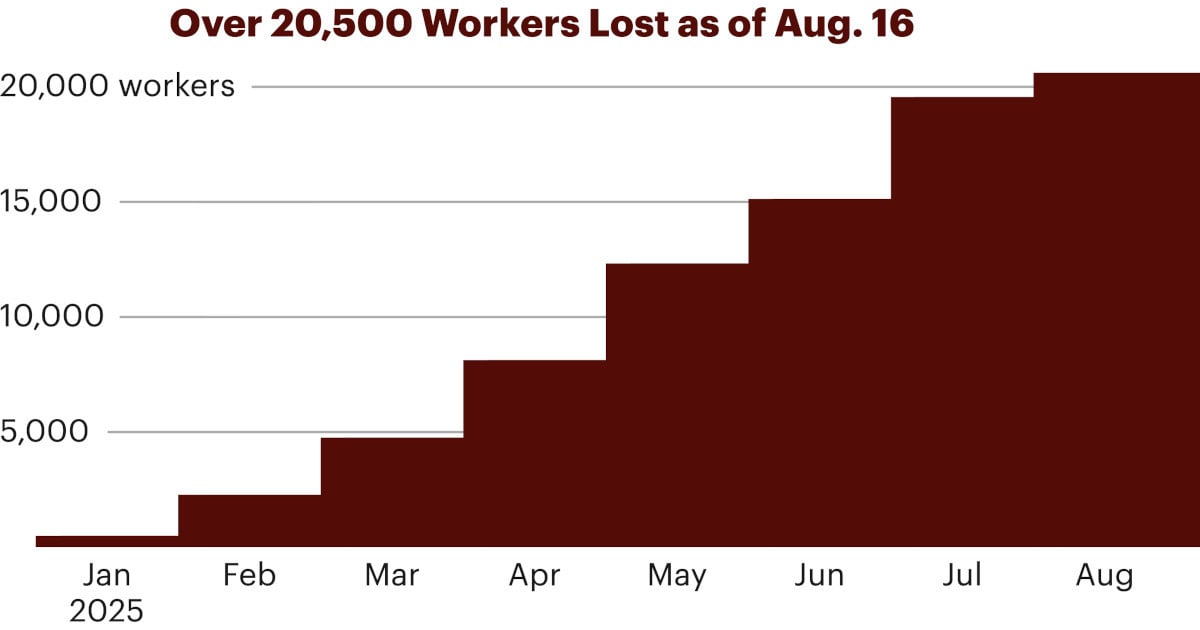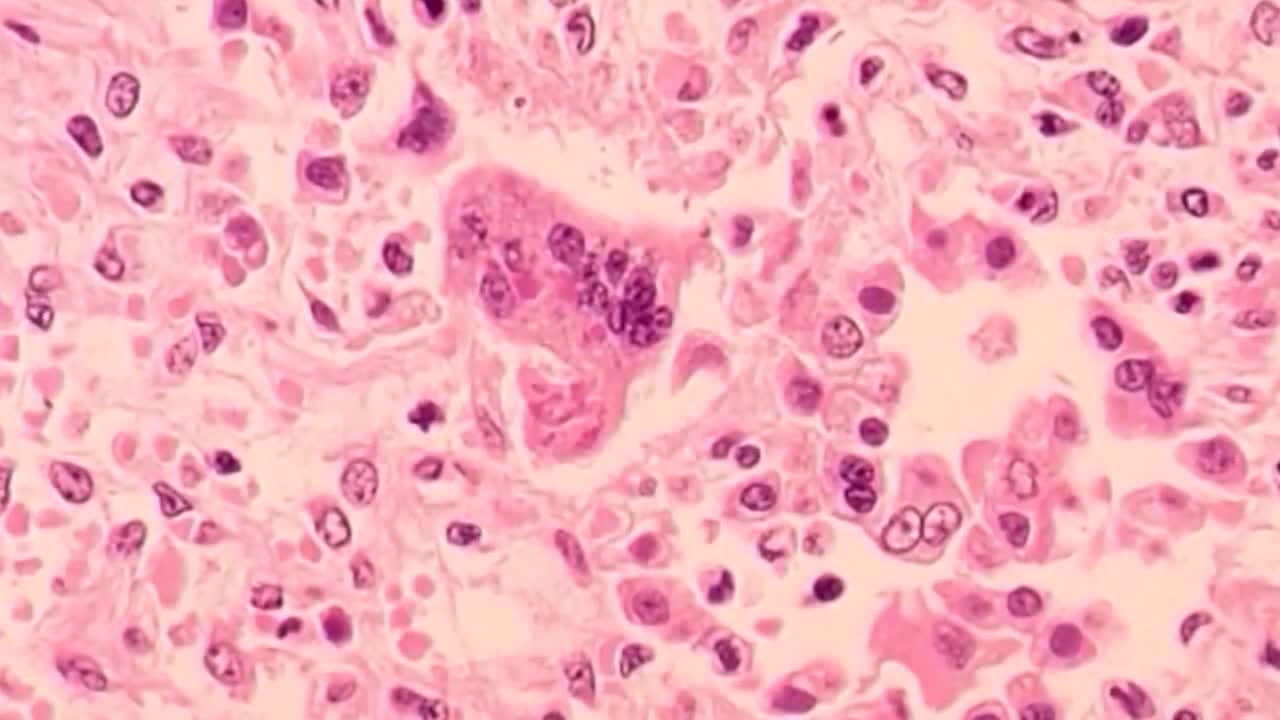Are City Pigeons Making You Sick? New Research Links Birds to Rising Lung Problems

Toronto, ON – A concerning new study is raising questions about the health impact of urban wildlife, specifically pigeons. Recent research suggests a potential link between exposure to pigeon-related allergens and a rise in respiratory illnesses across several Canadian cities. In this episode of Health 360, we delve into the science behind this connection, exploring the types of allergens pigeons produce and how they affect vulnerable populations.
The Pigeon Problem: More Than Just a Nuisance
While pigeons are a common sight in urban environments, their presence isn’t always benign. These birds produce a variety of allergens, including proteins found in their droppings, feathers, and dust. These allergens can trigger allergic reactions and exacerbate existing respiratory conditions like asthma and allergies. The problem is amplified in densely populated areas where pigeon populations are high, leading to increased allergen exposure.
Research Findings: A Growing Concern
The latest research, conducted by [mention research institution or lead researcher if available - if not, omit], has found a correlation between increased pigeon populations and a noticeable uptick in emergency room visits for respiratory complaints. The study analyzed data from [mention data sources, e.g., hospital records, air quality monitoring] across several Canadian cities, including Toronto, Montreal, and Vancouver. While the study doesn't definitively prove causation, it strongly suggests a link between pigeon allergen exposure and respiratory distress.
Who's Most at Risk?
Individuals with pre-existing respiratory conditions, such as asthma, are particularly vulnerable to the effects of pigeon allergens. Children, the elderly, and those with weakened immune systems are also at higher risk. Even individuals without known allergies can experience symptoms like coughing, wheezing, shortness of breath, and eye irritation.
What Can Be Done? Mitigation Strategies
Addressing the issue requires a multifaceted approach. Municipalities are exploring various strategies, including:
- Population Control: Implementing humane pigeon control measures.
- Cleaning and Sanitation: Regular cleaning of public spaces to remove pigeon droppings and nesting materials.
- Public Awareness: Educating the public about the risks associated with pigeon exposure and providing tips for minimizing contact.
- Air Filtration: Utilizing air filtration systems in buildings and public transportation to reduce allergen levels.
Beyond Pigeons: AI and the Future of Surrogacy
In a separate segment, Health 360 examines the potential impact of artificial intelligence on the surrogacy industry. As AI technology advances, it could revolutionize aspects of surrogacy, from matching intended parents with surrogates to providing virtual support and monitoring throughout the pregnancy. We'll discuss the ethical considerations and potential benefits of this evolving landscape.
Tune in to Health 360 for the latest insights on urban health challenges and the transformative power of technology.





